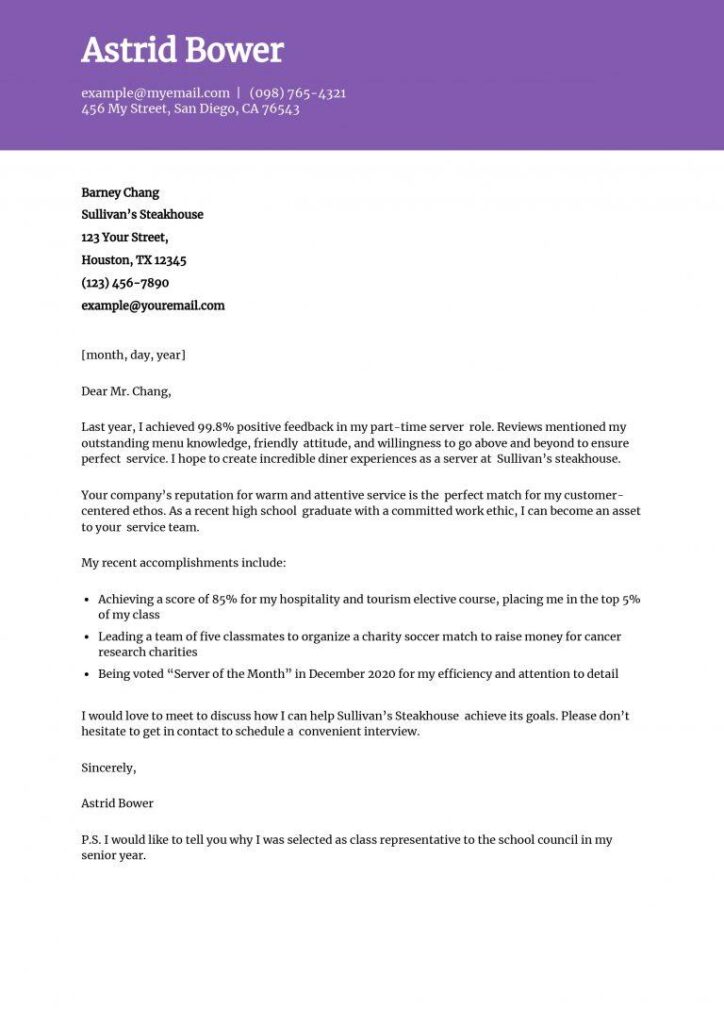Leveraging Subsidy Reforms to Propel Nigeria’s Economic Revival
In the face of escalating economic pressures and soaring living expenses, Nigeria finds itself at a pivotal moment. Recent adjustments in fuel subsidy policies have unlocked significant fiscal resources, prompting economists and industry leaders to urge the federal government to strategically reinvest these savings. Redirecting funds from subsidy cuts into vital sectors could serve as a catalyst for sustainable development, addressing long-standing challenges such as infrastructure gaps, unemployment, and social welfare deficits. This article explores expert perspectives on how Nigeria can transform subsidy reforms into a foundation for robust economic growth.
Strategic Allocation of Subsidy Savings: A Blueprint for Growth
The reduction in fuel subsidies presents an opportunity for Nigeria to reimagine its economic priorities by channeling freed-up capital into sectors with high growth potential. Experts highlight several key areas where targeted investments could yield substantial returns:
- Modernizing Infrastructure: Upgrading transportation networks, power grids, and communication systems can stimulate job creation while attracting foreign direct investment (FDI). For instance, recent World Bank data indicates that countries investing 5% more annually in infrastructure see GDP growth rates increase by up to 1.5%.
- Advancing Education and Vocational Training: Strengthening educational institutions and expanding skill acquisition programs will prepare Nigeria’s workforce for emerging industries like technology and renewable energy.
- Enhancing Healthcare Systems: Allocating resources toward healthcare infrastructure can improve disease prevention efforts and reduce mortality rates—critical factors highlighted during the COVID-19 pandemic.
- Agricultural Sector Empowerment: Supporting farmers through access to modern equipment, credit facilities, and innovative farming techniques can boost domestic food production by an estimated 35%, reducing reliance on imports.
| Sectors Targeted | Expected Impact |
|---|---|
| Infrastructure Development | Up to 30% rise in foreign investment inflows within five years |
| Education & Skills Training | Literacy improvement projected at 18% |
| Healthcare Enhancement | Disease incidence reduction by approximately 22% |
| Agricultural Innovation & Support | Agricultural output increase exceeding 40% |
This strategic reinvestment approach aims not only at immediate economic stimulation but also at building resilience against global market volatility through diversification.
Pillars of Sustainable Development: Expert Guidance on Fund Management
Eminent economists stress that beyond allocation lies the critical need for transparency and accountability mechanisms governing these funds. Prioritizing investments with high multiplier effects—such as infrastructure projects known to generate multiple indirect jobs—is essential for maximizing impact.
The following recommendations have emerged from recent policy forums:
- Create a centralized digital platform tracking all expenditure related to subsidy savings;
- Cultivate stakeholder engagement including local communities in project prioritization;
- Adopt environmentally sustainable practices ensuring long-term viability;
- Establish independent audit bodies tasked with regular performance evaluations;
- Promote gender-inclusive policies ensuring equitable benefits across demographics.
This comprehensive framework is designed not only to stabilize fiscal health but also promote social inclusiveness while safeguarding environmental integrity—a triad crucial for enduring progress.
Tackling Infrastructure Deficiencies & Social Challenges Through Subsidy Gains Reinvestment
Nigeria’s infrastructural shortcomings remain one of its most pressing impediments toward accelerated development. Experts advocate leveraging subsidy-derived funds specifically towards upgrading roadways that connect rural areas with urban markets—thereby lowering transportation costs significantly. For example, improved road networks have been shown globally (e.g., Vietnam’s rural road program) to reduce travel time by up to 40%, directly benefiting commerce and daily life alike.
- < strong >Road Network Expansion:< / strong > Building durable highways enhances trade efficiency nationwide.< / li >
- < strong >Healthcare Facility Modernization:< / strong > Expanding clinics especially in underserved regions improves public health outcomes.< / li >
- < strong >Educational Access Initiatives:< / strong > Funding school renovations alongside scholarship programs empowers youth skill acquisition.< / li >
An emphasis on transparent fund management will be indispensable—not only fostering public confidence but also ensuring optimal utilization aligned with national development goals. Public-private partnerships (PPPs) are recommended as effective vehicles facilitating efficient project delivery while sharing risks between stakeholders.
Navigating Forward: Harnessing Policy Insights Toward Economic Resilience and Prosperity in Nigeria Â
The path ahead demands decisive leadership coupled with evidence-based policymaking focused on transforming short-term fiscal gains from subsidy reforms into long-lasting socioeconomic benefits. By prioritizing investments across critical sectors such as infrastructure modernization, education enhancement, healthcare expansion—and agricultural innovation—Nigeria stands poised not just for recovery but sustained prosperity amid global uncertainties.
The collective wisdom of economists underscores that success hinges upon transparent governance frameworks paired with inclusive strategies engaging diverse societal actors—from grassroots communities up through federal agencies—to ensure equitable distribution of dividends arising from these reforms.< / p >







